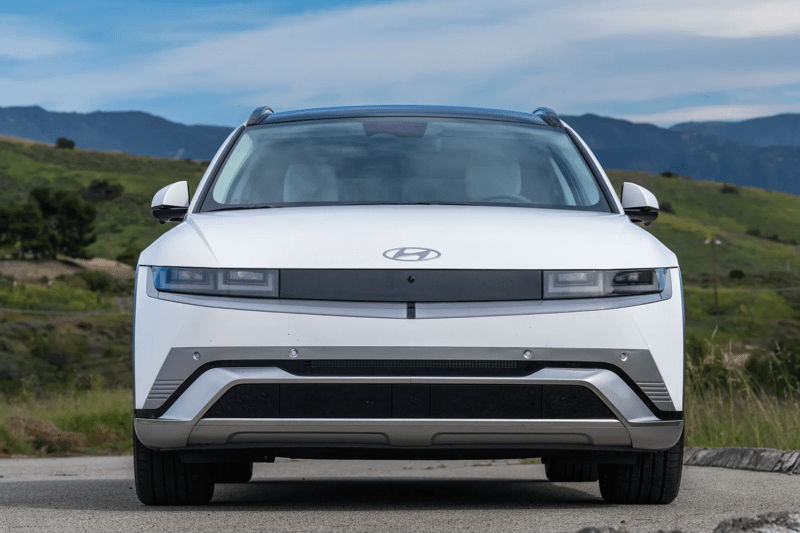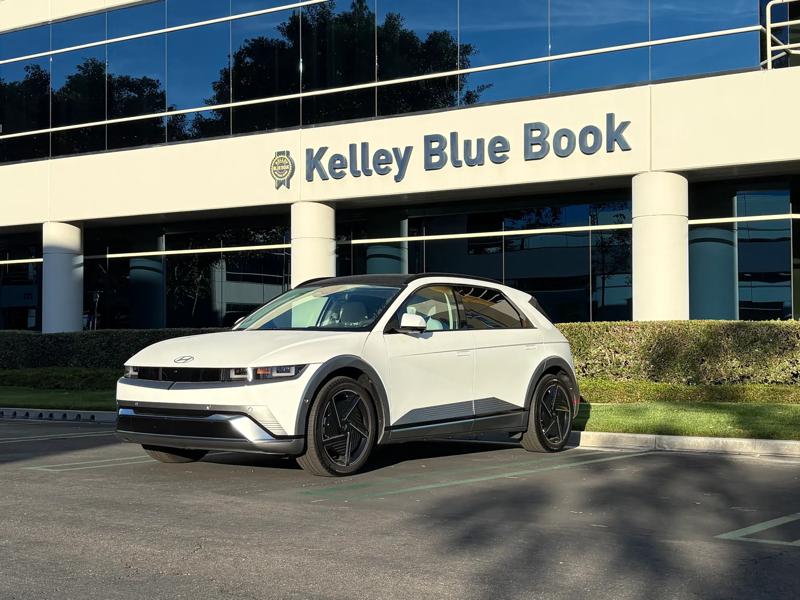- The Trump administration stopped spending federal funds set aside for new EV chargers.
- A federal judge has ordered the spending to resume.
- The move is part of a larger dispute, and is likely to remain in court for a long time.
A federal judge has ordered the White House to resume sending funds to 14 states to build new electric vehicle (EV) chargers. The move is part of a larger fight over whether President Donald Trump can avoid spending that Congress has passed into law. Today’s decision in Seattle is likely just one move in a long court battle.
Congress set aside $5 billion to build new EV chargers nationwide in a 2021 law. The law created the National Electric Vehicle Infrastructure (NEVI) program. NEVI gave grants to states, which could contract with private industry to build the chargers.
The Trump administration, in one of its first moves in office, paused the funding.
Fourteen states sued, arguing that Congress decides spending and the President merely presides over it.
That case hasn’t been decided, Reuters explains, but “U.S. District Judge Tana Lin in Seattle ruled that the states were likely to succeed” and ordered the funds released while arguments go forward.
“Lin’s ruling will take effect in seven days, which gives the Trump administration time to file an appeal and ask an appellate court to block her ruling from taking effect,” Reuters notes.
‘Impoundment’ Fight Just Beginning
- The administration has sought many court battles over the authority to withhold spending.
The case is one of many in which the Trump White House has withheld spending already enacted into law. That practice is known as “impoundment.”
A Nixon-era law, the Impoundment Control Act, limited the President’s authority to impound funds. Politico reports that the nonpartisan Government Accountability Office (GAO) is working through “at least 39 investigations into whether the Trump administration violated” the law.
The administration argues that the act itself is unconstitutional. That question may end up at the Supreme Court, whether over the NEVI program or another spending freeze.
The Growing Federal EV Clash
- Trump wants to end many federal policies supporting EVs.
- The global auto industry is shifting toward EVs, but the U.S. lags behind.
Globally, a recent report found that one in four cars sold this year could be electric. In the United States, EV sales currently lag below 7%. The Chinese auto industry is growing quickly on the strength of brisk EV sales. Some industry analysts worry America’s automakers could fall behind if they can’t catch up.
The previous administration used several federal tools to support America’s automakers in a shift to EVs. The Trump administration has sought to undo many. Beyond the NEVI funding freeze, a major bill now working its way through Congress could end the $7,500 EV tax rebate program that helps Americans buy certain domestically produced EVs.
The administration has also sought to block California from banning the sale of new gas-powered cars within its borders after 2035. A different court will hear arguments over whether that move is legal.








